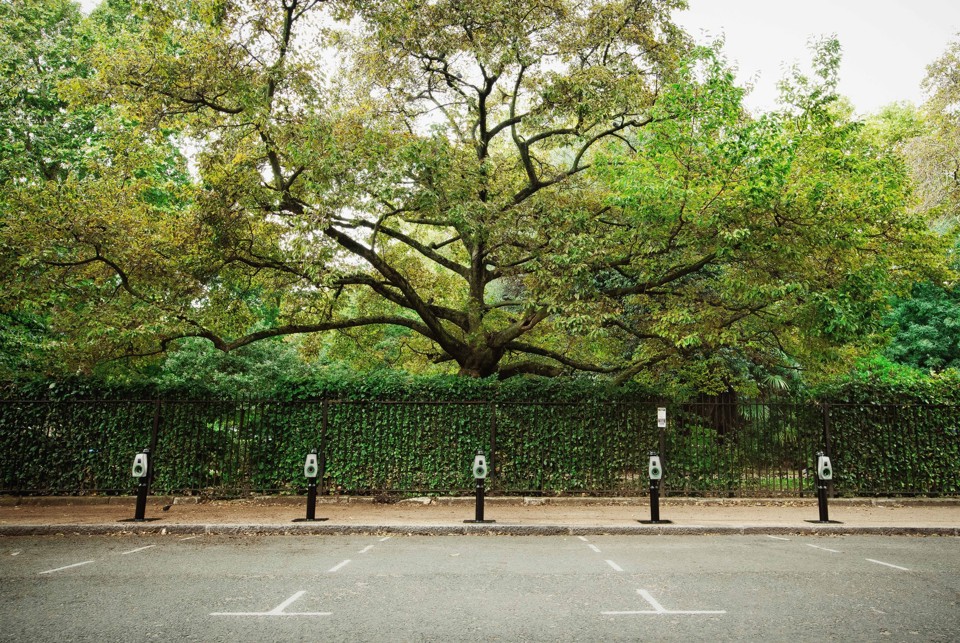A new report has found that motorists are deterred from switching to electric vehicles (EVs) as they do not have access to chargers at home.
Two thirds (67%) of EV owners say they would not have purchased an EV if they had to rely on public chargers, a survey has found. It also found that 89% of non-EV owners would be encouraged to make their next car purchase an EV if they had access to a private space to charge it overnight – on-street or at work – where they could charge while parked.
The survey conducted by Connected Kerb found that 64% of EV owners do most of their charging overnight, with only 11% charging at public rapid chargers, 5% at ultra-fast chargers and 5% at work. Almost two thirds (61%) of EV drivers said public chargers were only useful when they were away from home.
Chris Pateman-Jones, chief executive officer at Connected Kerb, said: “This shows that EV drivers charge at home if they possibly can. They use public chargers only when their preferred option is not available. They do not think like petrol vehicle owners, going to a fixed location to ‘fill it up’ – once people buy an EV their mindset quickly switches to wanting their car to charge whilst it is parked, so that it is charged when they get in.”
The research suggests that the current focus on rapid charging infrastructure disincentivizes EV uptake. Of those who could not charge where they parked, 91% said they would charge if they could.
Two in five (40%) respondents that did not own an EV said they did not have somewhere to park it overnight where they could charge it, presenting a barrier to purchasing, while almost a third (30%) specifically said they were disincentivised because charging would be too much of a hassle.
Connect Kerb believes that the Chancellor, Rishi Sunak, is backing the wrong types of charger in the 2020 Budget, following his announcement of providing £500 million over five years to implement rapid charging hubs.
Pateman-Jones said: “67% of current EV drivers would not have bought an EV if they did not have access to overnight charging, that is a massive red flag. Rapid chargers are more expensive and less convenient – inconvenience deters uptake. Focus must be redirected to on-street residential and workplace charging that reflects existing charging behaviours and incentivises more people to transition to EVs.
"This also risks creating a two-tier system, where wealthy people with driveways have EVs, whilst poorer areas are trapped with polluting petrol and diesel vehicles.”
Pateman-Jones believes that if we want to go from a few early adopters to near total uptake in 15 years, alternatives ways to charge EVs need to be provided to meet the same expectations of charging whilst a vehicle is parked.
He said: “Charging infrastructure should focus on large numbers of slow chargers where people already park their cars – on street or in work car parks - with ultra-rapids at natural breaks on long journeys such as motorway service stations. The inconvenient and expensive public chargers that people have to drive to, and wait around for, will become a thing of the past.”
The full report can be viewed at: https://www.connectedkerb.com/thought-leadership





















Login to comment
Comments
No comments have been made yet.